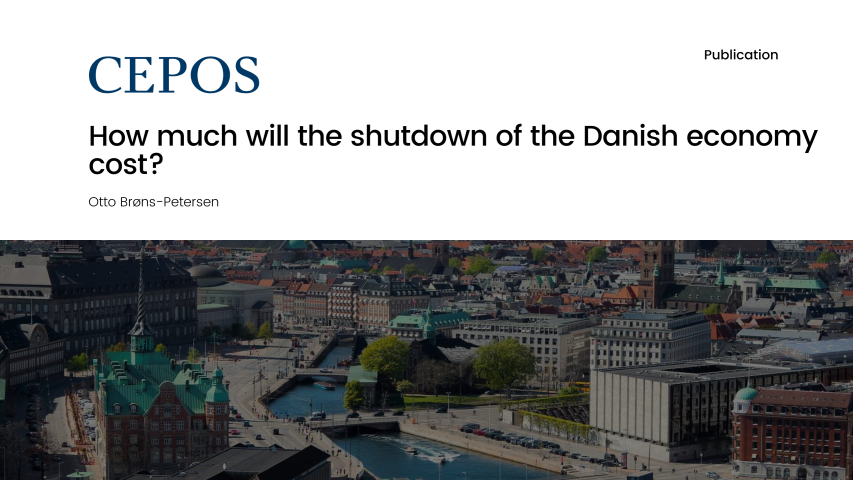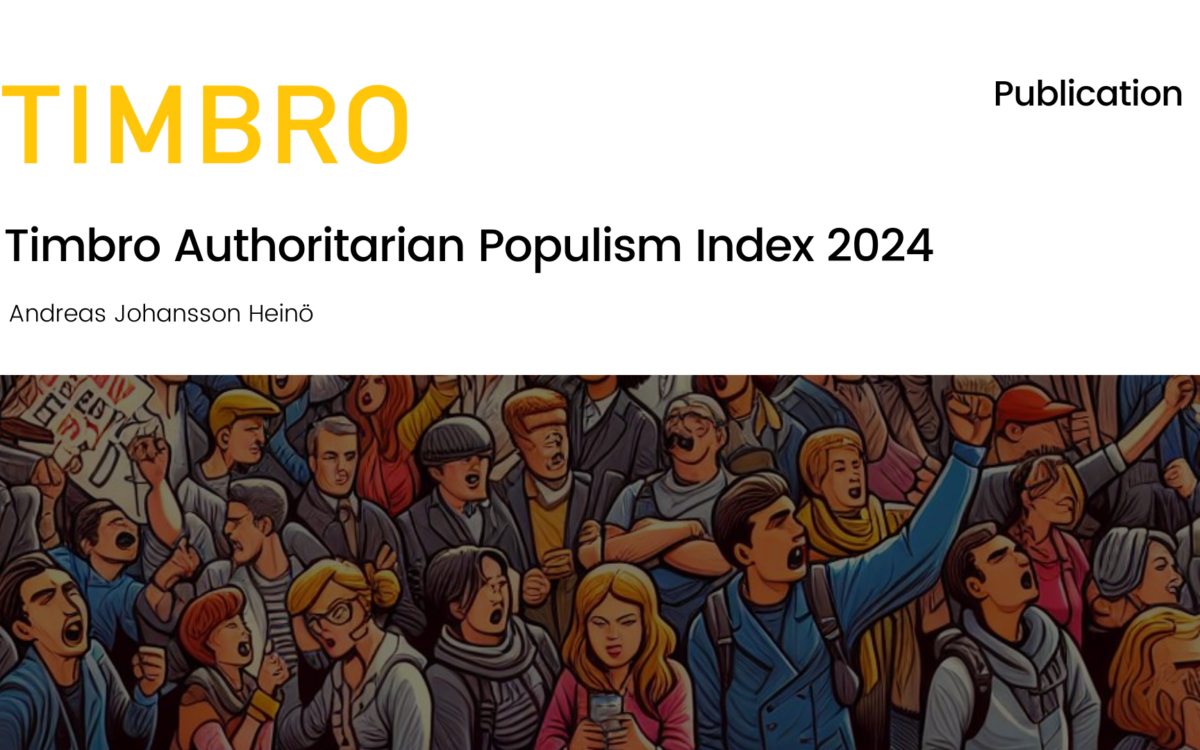How Much Will the Shutdown of the Danish Economy Cost?

How Much Will the Shutdown of the Danish Economy Cost?
1 April 2020
This analysis is based on five scenarios for the length of the shutdown and an attempt to rate the industry’s production losses. The scenarios depend on the selected and necessary measures that are employed against the corona epidemic. This analysis shows:
• In the middle scenario, there is a production loss of DKK 150 billion at a shutdown of 6 months, equivalent to 7.3% of gross value added in 2020. The Danish economy will go into a recession with a negative economic growth of 6% in 2020.
• In the extreme scenarios, the production loss ranges from just under DKK 80 billion to over DKK 500 billion (with a shutdown until summer and until a vaccine can be used in a year and a half). In scenarios 4 and 5, the Danish economy is in a recession until 2021.
• The shutdown triggers an outright supply shock, which cannot be controlled with short-term economic policy. However, it cannot be ruled out that, besides the supply shock, there may be a crisis on the demand side, since the global economic situation was fragile even before the epidemic. On the other hand, there are precedents for economies to catch up relatively quickly even with severe supply shocks, among others, as a result of natural disasters.
The calculations are based on scenarios and simplifying assumptions that can illustrate the potential economic consequences. This is not a model-based forecast and the calculations are subject to considerable uncertainty,
Download or share this publication
View the PDF
EPICENTER publications and contributions from our member think tanks are designed to promote the discussion of economic issues and the role of markets in solving economic and social problems. As with all EPICENTER publications, the views expressed here are those of the author and not EPICENTER or its member think tanks (which have no corporate view).



